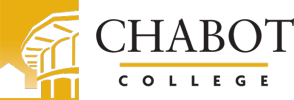This course covers historical, political, social, racial, gender, socioeconomic, and legal factors involved in the marketing, distribution, and government regulations of legal and illegal drugs. The course offers an overview of contemporary and culturally informed prevention, diagnosis, and treatment methods, including an analysis of effective, culturally responsive, evidence-based strategies and local recovery resources. This course explains concepts and theories relating to the epidemiology and toxicology of substance use, misuse, abuse, and dependence, and the impact on personal, community and societal health. The biological/physiological, neurological, and psychological short and long-term effects of selected pharmacological substances on the human brain and body are explored, including an analysis of risk factors associated with abuse and dependence.
Course Details:Transfers to CSU
